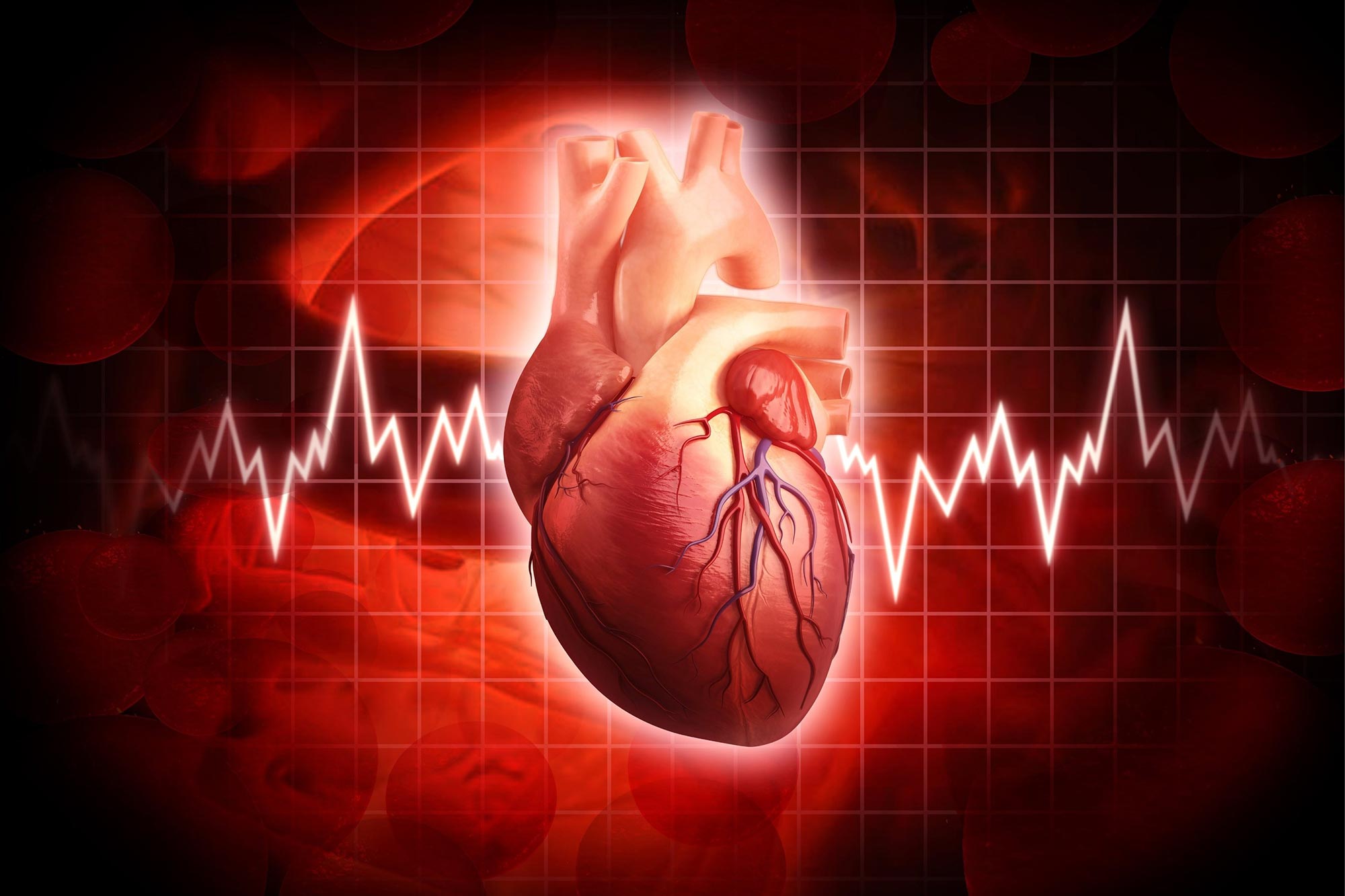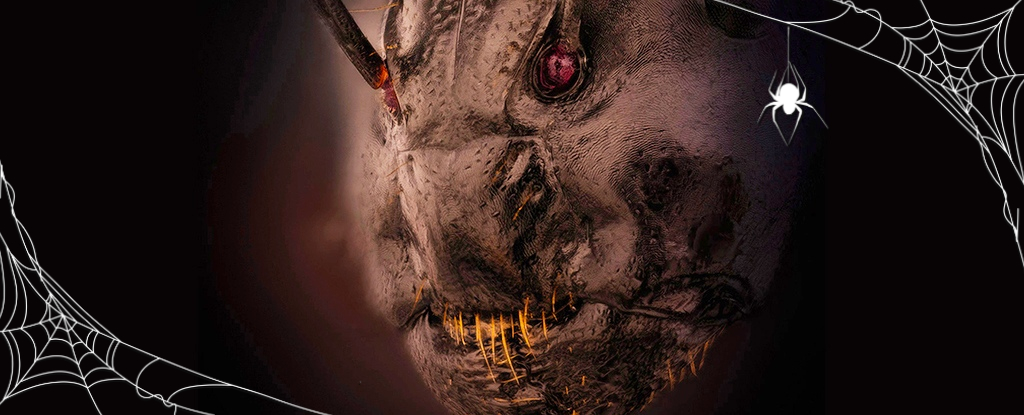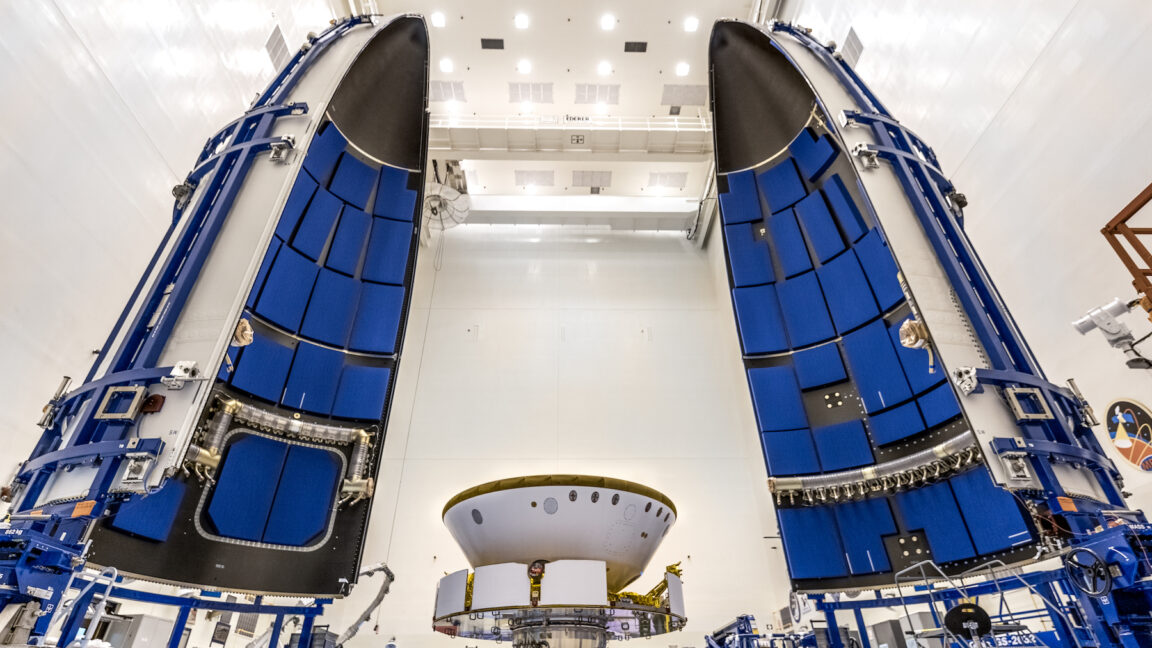
Onderzoekers van de Icahn School of Medicine op Mount Sinai analyseerden grootschalige datasets in de Verenigde Staten en ontdekten dat personen die tegen COVID-19 waren gevaccineerd minder gevallen van hartaanvallen, beroertes en andere cardiovasculaire problemen hadden bij mensen die besmet waren met SARS-CoV- 2, Het virus dat verantwoordelijk is voor COVID-19.
Het eerste Amerikaanse onderzoek dat een verlaagd risico op hartaandoeningen aantoonde bij patiënten na infectie met SARS-CoV-2.
Door de meest uitgebreide datasets in de Verenigde Staten te analyseren, hebben onderzoekers van de Icahn School of Medicine op Mount Sinai onthuld dat vaccinatie tegen[{” attribute=””>COVID-19 is associated with fewer heart attacks, strokes, and other cardiovascular issues among people who were infected with SARS-CoV-2, the virus that causes COVID-19.
The research letter, “Impact of Vaccination on Major Adverse Cardiovascular Events in Patients with COVID-19 Infection,” was published on February 20 in the Journal of the American College of Cardiology.
In addition, the research will be presented in a poster session in New Orleans, LA, at the American College of Cardiology’s 72nd Annual Scientific Session Together With World Heart Federation’s World Congress of Cardiology.

Figure A is a plot of the probability that patients do not develop MACE versus time since their initial SARS-CoV2 infection, stratified by vaccination status. Figure B is a depiction of hazard ratio associated with MACE according to each examined factor. For example, patients who were fully vaccinated were 59% as likely to achieve MACE compared to patients who were not vaccinated. Credit: Lab of Girish N. Nadkarni, MD, MPH, Icahn Mount Sinai
It is the first study to examine both full and partial vaccination and the link to major adverse cardiac events (MACE) in the United States, confirming similar analyses performed previously using the Korean COVID-19 registry. Researchers used the National COVID Cohort Collaborative (N3C) database, the largest national comprehensive database on COVID-19. Since its inception in 2020, the N3C has continuously collected and harmonized data from electronic health records of institutions across the country. Included in this study were 1,934,294 patients, 217,843 of whom received mRNA vaccine formulations by Pfizer-BioNTech or Moderna or viral vector technology by Johnson & Johnson. Cox proportional hazards, a statistical technique, was implemented to assess vaccination association with MACE.
“We sought to clarify the impact of previous vaccination on cardiovascular events among people who develop COVID-19 and found that, particularly among those with comorbidities, such as previous MACE, type 2 diabetes, high cholesterol, liver disease, and obesity, there is an association with a lower risk of complications. While we cannot attribute causality, it is supportive evidence that vaccination may have beneficial effects on a variety of post-COVID-19 complications,” said senior author Girish N. Nadkarni, MD, MPH, Irene and Dr. Arthur M. Fishberg Professor of Medicine at Icahn Mount Sinai, Director of The Charles Bronfman Institute of Personalized Medicine, and System Chief, Division of Data Driven and Digital Medicine (D3M), Department of Medicine.
“To our surprise, even partial vaccination was associated with lower risk of adverse cardiovascular events,” said first study author Joy Jiang, an MD/PhD candidate in the lab of Dr. Nadkarni. “Given the magnitude of SARS-CoV-2 infection worldwide, we hope our findings could help improve vaccination rates, especially in individuals with coexisting conditions.”
Further work will be necessary to elucidate the mechanisms involved from an immunological perspective and clarify the role of SARS-CoV-2 subtypes and reinfections in their relationship to the risk of MACE.
Reference: “Impact of Vaccination on Major Adverse Cardiovascular Events in Patients With COVID-19 Infection” by Joy Jiang, Lili Chan, Justin Kauffman, Jagat Narula, Alexander W. Charney, Wonsuk Oh, GIrish Nadkarni and on behalf of the N3C Consortium, 10 February 2023, Journal of the American College of Cardiology.
DOI: 10.1016/j.jacc.2022.12.006
Additional co-authors are Lili Chan, MD, MS; Justin Kauffman, BS; Jagat Narula, MD, PhD; Alexander W. Charney, MD, PhD; and Wonsuk Oh, PhD, all from Icahn Mount Sinai.
The work was supported, in part, by funds from the National Institute of Diabetes and Digestive and Kidney Diseases of the National Institutes of Health, grant numbers K23DK124645 and T32DK007757, and by the TL1 Career Development Award, 1TL1TR004420-01.

‘Webgeek. Wannabe-denker. Lezer. Freelance reisevangelist. Liefhebber van popcultuur. Gecertificeerde muziekwetenschapper.’






